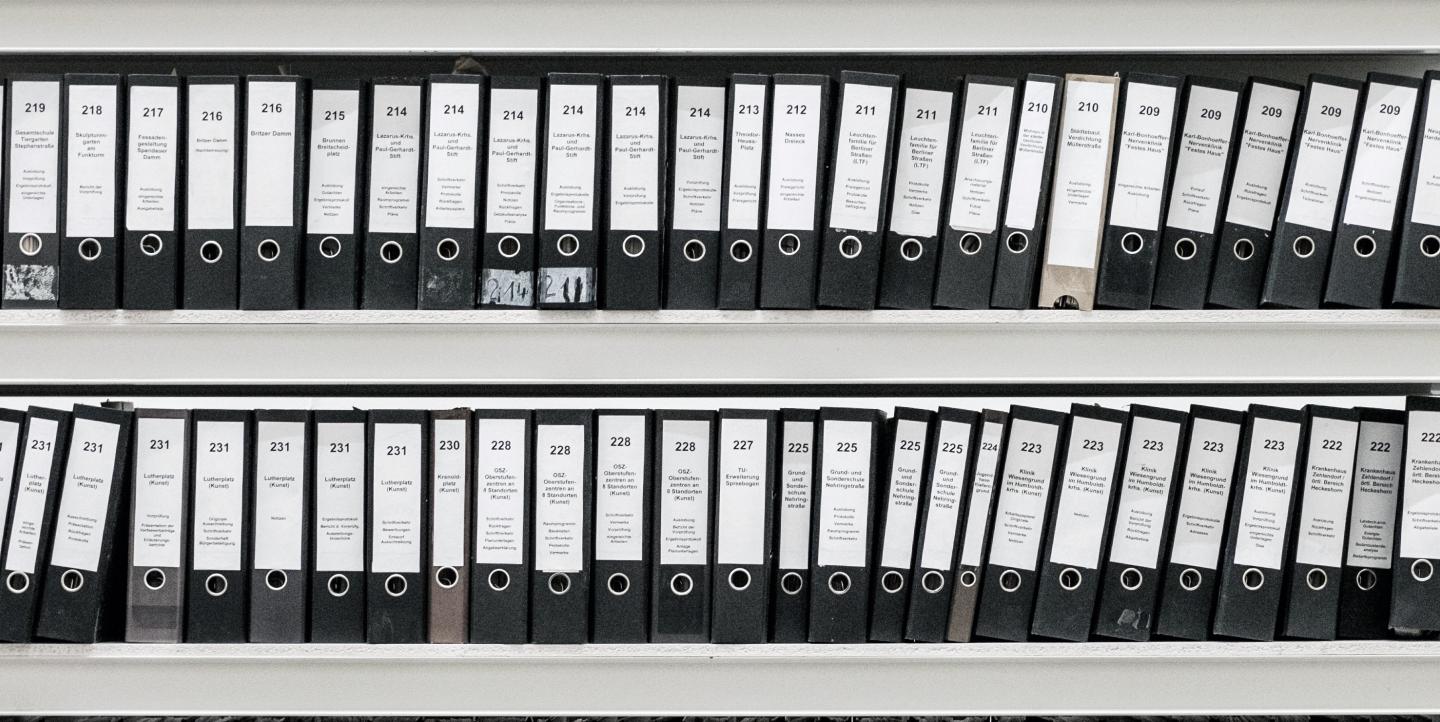In Nigeria, the International Centre for Investigative Reporting (ICIR), an independent, non-profit news agency, is empowering journalists to report on and expose corrupt practices among public office holders.
Through a three-year grant from the MacArthur Foundation, the ICIR has organized capacity-building trainings for journalists and given funding to cash-strapped newsrooms in Nigeria to launch investigations related to public procurement and the budgeting process as a way of holding public officials to account. This initiative, which began in 2017, is known as the Open Contract Reporting Project (OCRP).
“In the third year of its implementation, the project is aimed at building the capacity of Nigerian journalists to scrutinize and report on contracting and procurement processes. We believe that most of the corruption and looting of public funds by public officials occur during procurement processes,” said Dayo Aiyetan, the executive director of the ICIR. “Sadly, before we started, journalists knew little about the laws, processes and requirements for awarding and executing contracts, and could therefore not hold anyone accountable.”
To achieve the goals of the project, the ICIR called for applications and selected journalists from different newsrooms in Nigeria.
The trainings have included basic investigative skills such as conducting interviews, handling sources, reading data, creating visualizations and using technology for investigations. They also worked closely with their project partners, including the Public and Private Development Centre (PPDC), which taught the journalists procurement laws, step-by-step contracting processes and how to use the Freedom of Information Act (FOIA) to secure procurement data. The Independent Corrupt Practices and Other Related Offenses Commission (ICPC), a state anti-graft agency, led trainees through sessions that examined case studies of procurement fraud.
“It opened my mind to the world of procurement and helped me understand the entire process,” said Linus Unah, a freelance journalist who was part of the first cohort of journalists trained by the ICIR. “This has helped me bring in much more knowledge and context to my reporting on budget and how corruption affects society.”
So far, the project has created large-scale impact, with reporters producing award-winning investigations that have received widespread feedback and even created real-world results.
“With the ICIR grant for journalists to investigate procurement and contract irregularities, I was able to dig into a forgotten NGN6.2 billion abandoned shore protection contract in a coastal community battling with perennial sea storms,” said Taiwo Adebulu. “The investigation uncovered negligence and corruption in the contractual process and the plight of the poor community as a result [of the abandoned contract].”
After Adebulu’s investigation was published, the deputy governor of the state led a delegation into the community to distribute aid after a terrible sea storm — one that could have been prevented by the shore protection wall that was never completed. The deputy governor also promised to mobilize the contractors to get back to work.
Aside embarking on individual investigations that are often republished by the ICIR’s media partners — including the Premium Times, Sahara Reports, The Cable and Daily Trust — selected journalists also collaborate to produce an investigation together that aligns with the theme of the project. For example, four journalists worked on a collaborative investigation into the federal government’s primary healthcare policy, and six more journalists are working on a project related to the education and power sectors.
Like many others, Chinwe Agbeze did not know much about investigating budgets. “Before the training, I had little understanding of how to investigate the budget and procurement fraud,” said reporter Chinwe Agbeze. “The training taught me how. I also learned how to source and verify data.”
Main image CC-licensed by Unsplash via Samuel Zeller.


